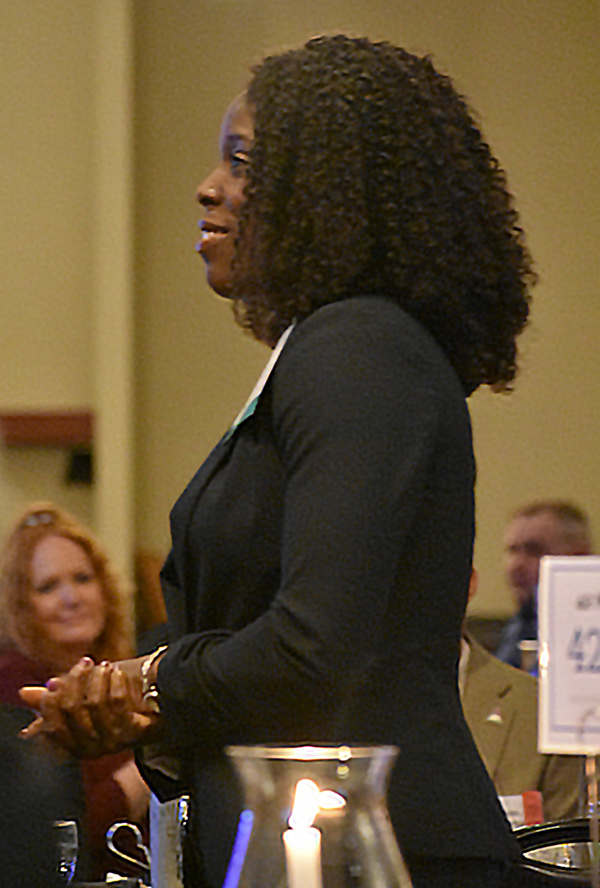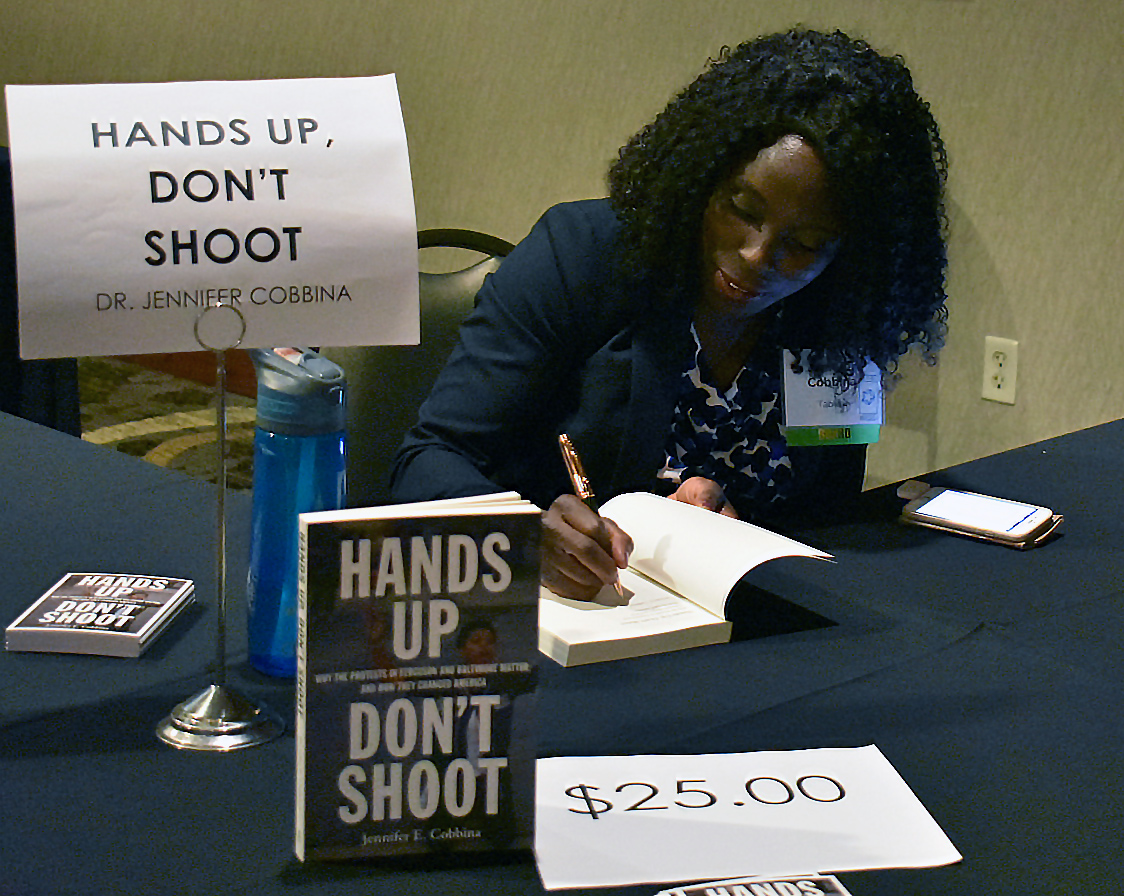Every year in mid-November, thousands of criminologists from around the world gather in a large U.S. city for the annual meeting of the American Society of Criminology (ASC). ASC is the primary professional association for criminologists and other academics that study crime. This year, the conference took place in San Francisco, and the theme was “Criminology in the New Era: Confronting Injustice and Inequalities.”
This conference is the largest for the field of criminology, and this year there were more than 1,300 events in just four days. The events include panels, roundtables, workshops and socials all dominantly focused on research on crime and the criminal justice system.
Despite the hundreds of panels that were available, I am going to focus on two that were of particular interest. The first was an expert panel focused on issues surrounding the life sentences without parole (LWOP). The second panel featured the work of one of Safe & Just Michigan’s board members, Dr. Jennifer Cobbina.
Changing the narrative on life
The panel, entitled “Life Imprisonment as a Driver of Mass Incarceration,” was a presidential panel, which is a designation of special interest and honor. It was chaired by Marc Maurer, Executive Director of The Sentencing Project. The panelists included Katherine Beckett from the University of Washington, Anti-Recidivism Coalition in California Executive Director Sam Lewis, The Sentencing Project Senior Research Analyst Ashley Nellis, and Louisiana Parole Project Deputy Director Kerry Myers. It is worth noting that both Sam and Kerry were formerly incarcerated for life sentences, adding lived experience that is uncommon for these academic conferences. Together, these five experts discussed many of the pressing issues surrounding life sentences and their reform in the U.S.
The biggest takeaway from the two panels on life sentences was the need to “change the narrative.” That means we need to change the way we discuss crimes and their penalty. We discussed many different ways to make this shift, including highlighting the stories of people who returned home to make significant contributions to their communities after serving life or long sentences. Others suggested highlighting the low recidivism rates for those who have served such sentences.
A comment that stuck out to me was “data is important, but this is also a human issue.” In order for a change in the public understanding to occur, there needs to be a pairing or balance of statistics and data with the lived experience of those who have served the very sentences we are trying to reform.Changing the narrative is one of the current priorities of Safe & Just Michigan. We believe that the way people talk about crimes and the people who commit them are important.
While we strongly value data, statistics and facts, we also know that the experiences and stories of those who have been directly impacted by the justice system are invaluable in moving hearts and minds toward reform. We are currently working to better understand how to make these important changes and look forward to updating you on those efforts.
SJM board member shines

Dr. Cobbina is elected to join Safe & Just Michigan’s board of directors at the 2019 Annual Meeting on Oct. 10, 2019.
I also want to highlight an “author meets critics” panel that focused on the work of our board member, MSU Associate Professor Dr. Jennifer Cobbina. Dr. Cobbina is the author of “Hands Up Don’t Shoot: Why the Protests in Ferguson and Baltimore Matter, and How They Changed America,” which was released earlier this year by NYU Press.
The work for her book comes from two hundred in-depth interviews with residents of Ferguson and Baltimore in the wake of the deaths of Michael Brown and Freddie Gray. The audience for her panel event was standing-room only, which is no small feat considering there were 57 other panels happening at the same time.
Dr. Cobbina’s research into criminal justice and community safety is why we were so excited to have her join our board in October, and why we look forward to working with her moving forward.
Keeping up-to-date with the field of criminology is important for the work we do at Safe & Just Michigan, and conferences are one way to do that while connecting with national allies in the fight for justice reform.
~Anne Mahar
Research Specialist

